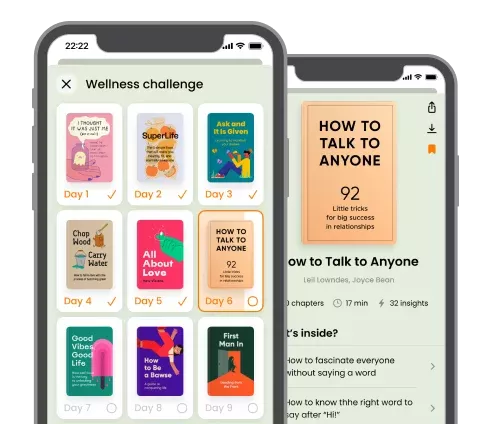10 Best Neurology Books
Discover a comprehensive collection of neurology books, covering various topics like brain disorders, neuroscience, and clinical neurology.
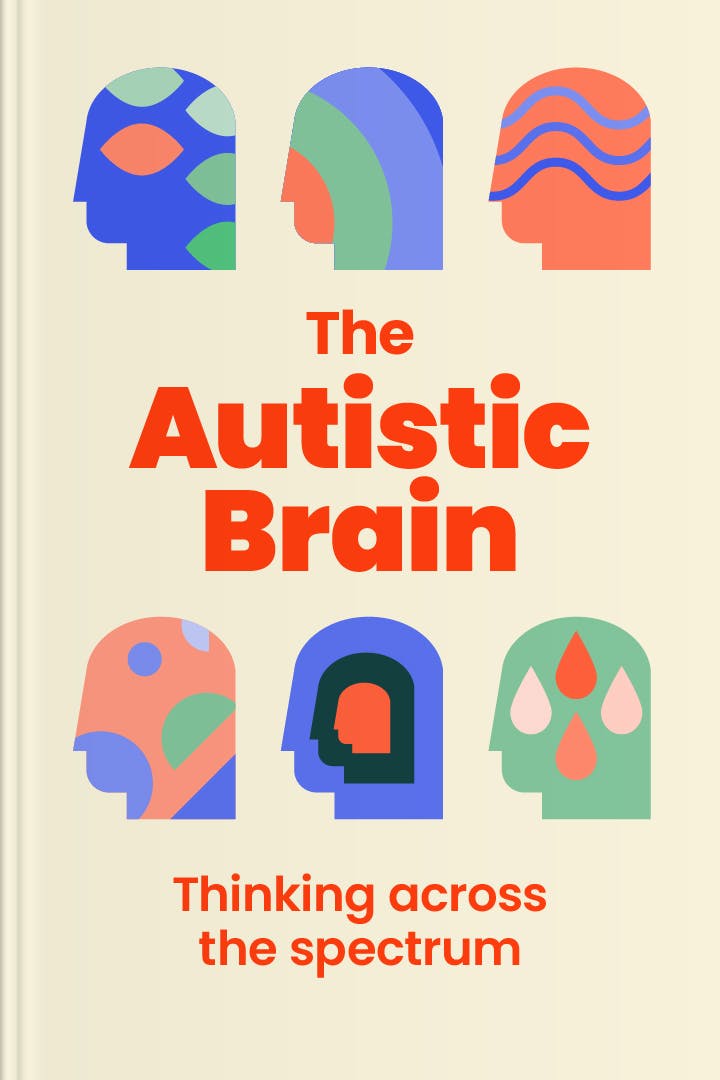 1
1The Autistic Brain
by Temple Grandin, Richard Panek
What is The Autistic Brain about?
"The Autistic Brain" explores the unique perspectives and abilities of individuals with autism, shedding light on the inner workings of their minds. Temple Grandin, a renowned autism advocate and Richard Panek, delve into the science behind autism, discussing the latest research and offering practical strategies to help individuals with autism thrive in a neurotypical world. This insightful book challenges societal misconceptions and provides a compassionate understanding of the autistic experience.
Who should read The Autistic Brain
Parents and caregivers of children with autism seeking guidance and understanding.
Educators and professionals working with individuals on the autism spectrum.
Individuals with autism looking for insights and self-empowerment.
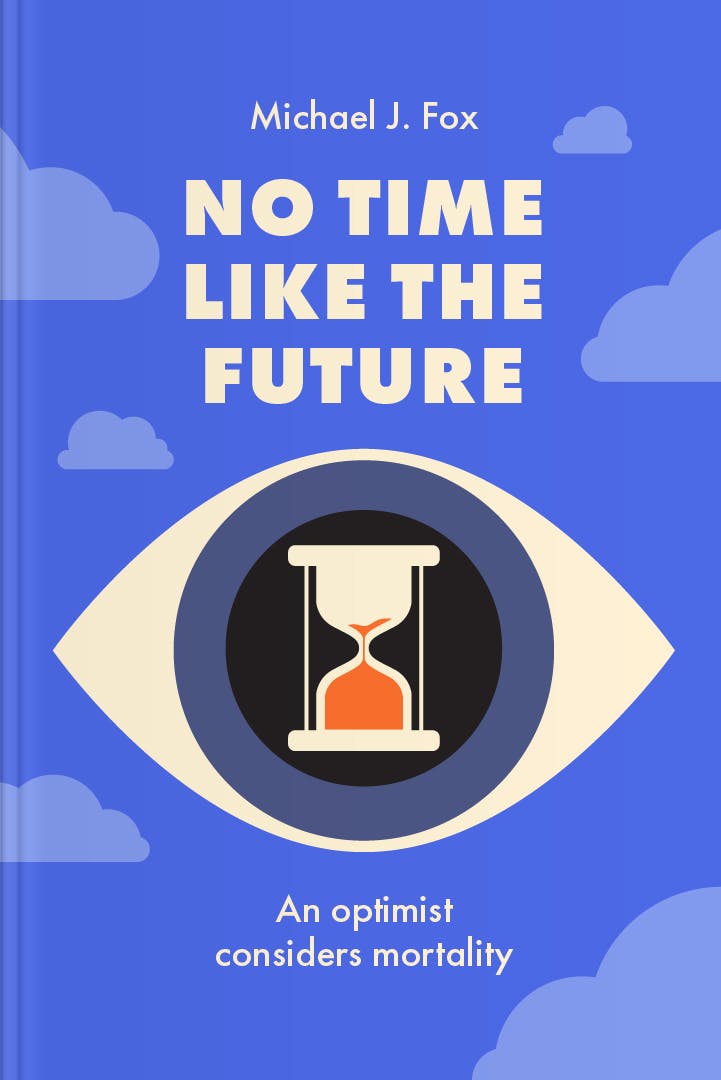 2
2No Time Like the Future
by Michael J. Fox
What is No Time Like the Future about?
In this poignant and introspective memoir, a beloved actor reflects on his journey with Parkinson's disease and the profound impact it has had on his life. Michael J. Fox's "No Time Like the Future" explores themes of resilience, hope, and the fragility of human existence, offering a heartfelt perspective on mortality and the importance of embracing each moment with gratitude and optimism.
Who should read No Time Like the Future
Individuals facing their own mortality and seeking a positive perspective.
Fans of Michael J.
Fox interested in his personal reflections.
Those looking for inspiration and hope in the face of adversity.
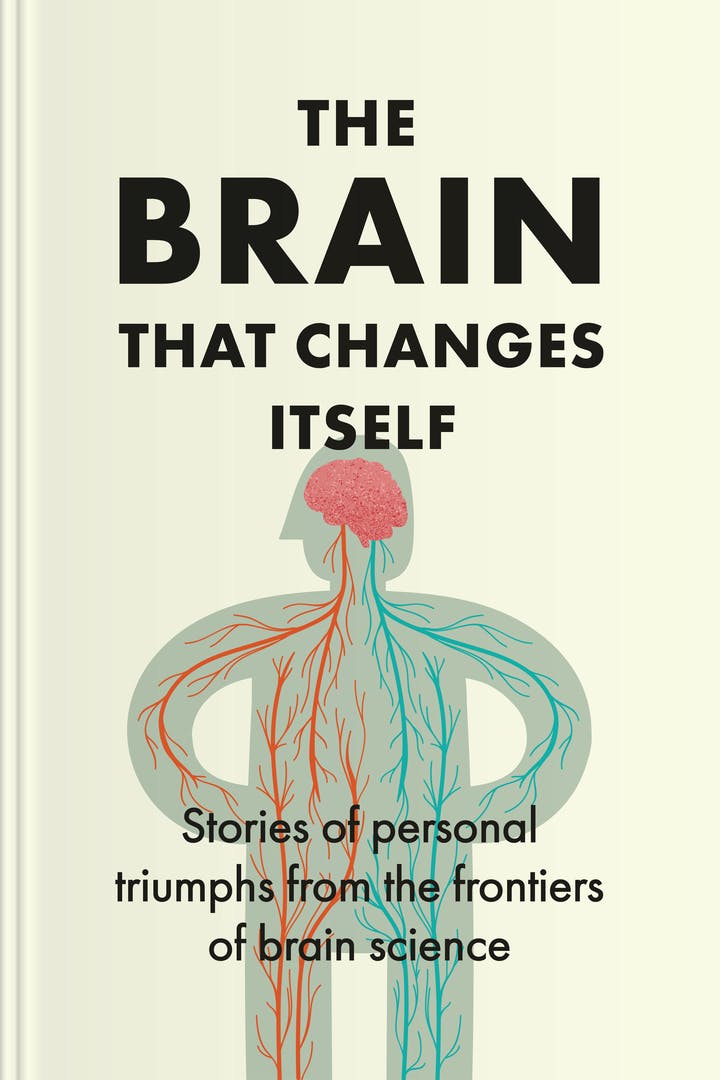 3
3The Brain that Changes Itself
by Norman Doidge, M.D.
What is The Brain that Changes Itself about?
"The Brain that Changes Itself" by Norman Doidge, M.D. explores the remarkable capacity of the human brain to adapt and rewire itself. Through a collection of captivating stories, Doidge delves into the frontiers of brain science, showcasing personal triumphs of individuals who have overcome various neurological challenges. This groundbreaking book sheds light on the plasticity of the brain and offers hope for those seeking to harness its transformative power.
Who should read The Brain that Changes Itself
Individuals interested in understanding the remarkable plasticity of the human brain.
People seeking inspiration from stories of personal triumph over neurological challenges.
Professionals in the field of brain science looking for groundbreaking research.
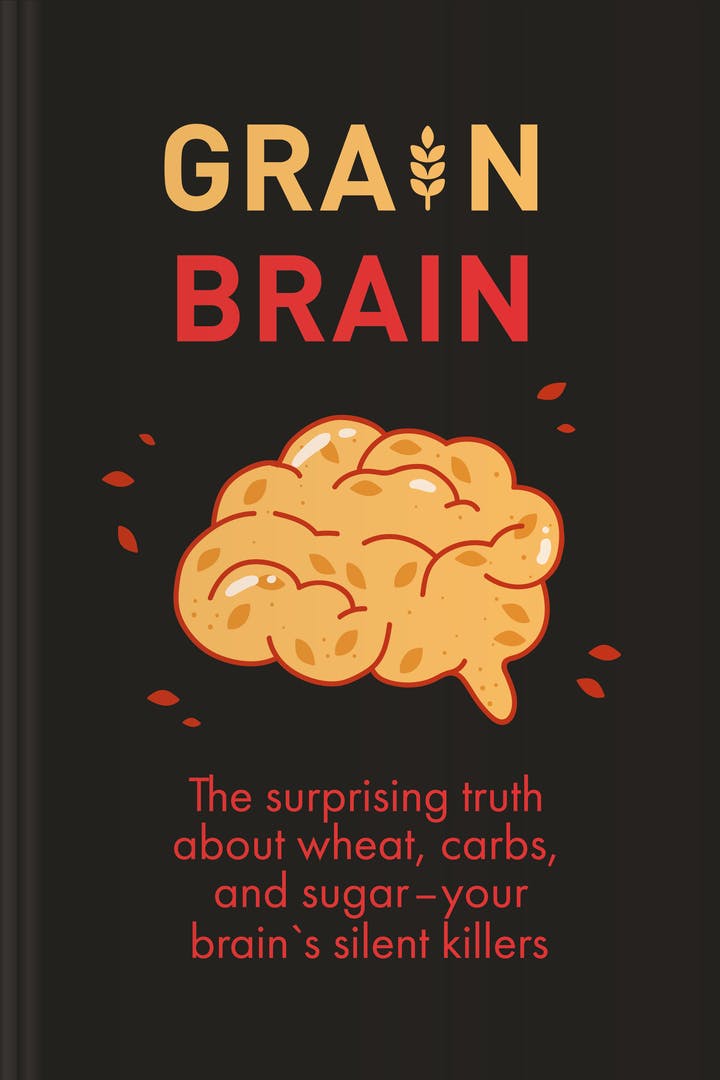 4
4Grain Brain
by David Perlmutter, M.D., Kristin Loberg
What is Grain Brain about?
In this eye-opening book, a renowned neurologist reveals the shocking impact of wheat, carbs, and sugar on our brain health. Exploring the connection between diet and cognitive decline, the author presents compelling evidence that these seemingly harmless ingredients are actually silent killers, contributing to conditions like Alzheimer's, ADHD, anxiety, and depression. With practical advice and scientific insights, this book empowers readers to make informed choices for a healthier brain and a better quality of life.
Who should read Grain Brain
Individuals interested in understanding the impact of wheat
carbs
and sugar on brain health.
Health-conscious readers seeking to uncover the hidden dangers of common dietary choices.
Those looking for a comprehensive guide to improving brain function through dietary changes.
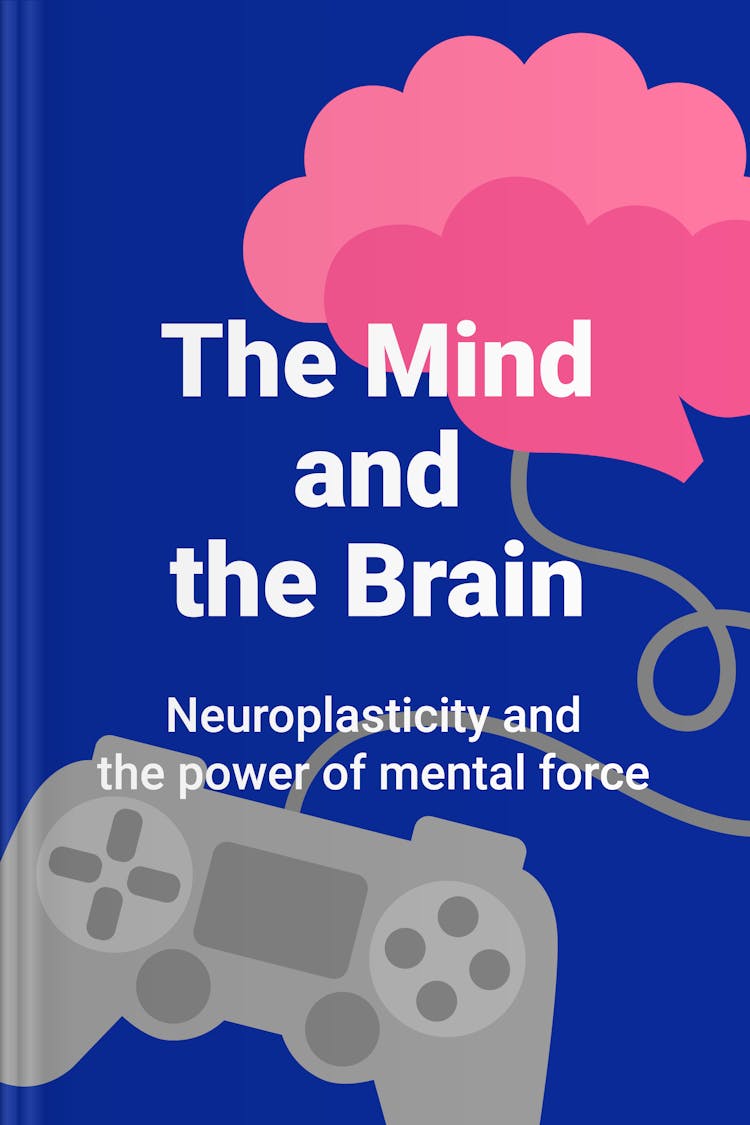 5
5The Mind and the Brain
by Jeffrey Schwartz, Sharon Begley
What is The Mind and the Brain about?
"The Mind and the Brain" explores the fascinating concept of neuroplasticity and its implications for our understanding of the mind. Written by Jeffrey Schwartz and Sharon Begley, this thought-provoking book delves into the power of mental force in shaping our brain's structure and function. Through compelling research and real-life examples, it challenges traditional notions of the brain's fixed nature, offering a compelling argument for the transformative potential of our thoughts and actions.
Who should read The Mind and the Brain
Individuals interested in understanding the connection between the mind and the brain.
Neuroscientists and researchers seeking insights into neuroplasticity and mental force.
Those looking to harness the power of their minds for personal growth.
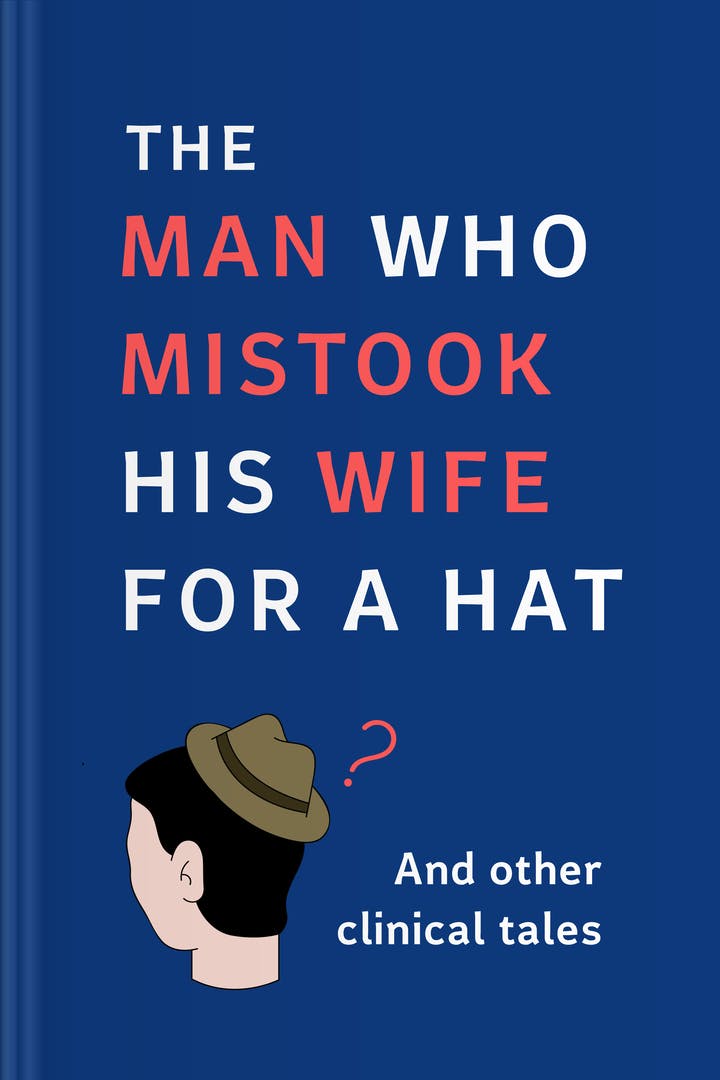 6
6The Man Who Mistook His Wife for a Hat
by Oliver Sacks
What is The Man Who Mistook His Wife for a Hat about?
In this captivating non-fiction work, a renowned neurologist shares a collection of intriguing case studies that explore the mysteries of the human mind. Through vivid storytelling, the author delves into the lives of his patients, revealing their extraordinary neurological conditions and the profound impact these conditions have on their perception of reality. With compassion and scientific insight, this book offers a fascinating exploration of the complexities of the human brain and the fragility of our perception.
Who should read The Man Who Mistook His Wife for a Hat
Individuals interested in exploring the complexities of neurological disorders.
Medical professionals seeking insights into rare neurological conditions.
Readers fascinated by captivating stories of the human brain's mysteries.
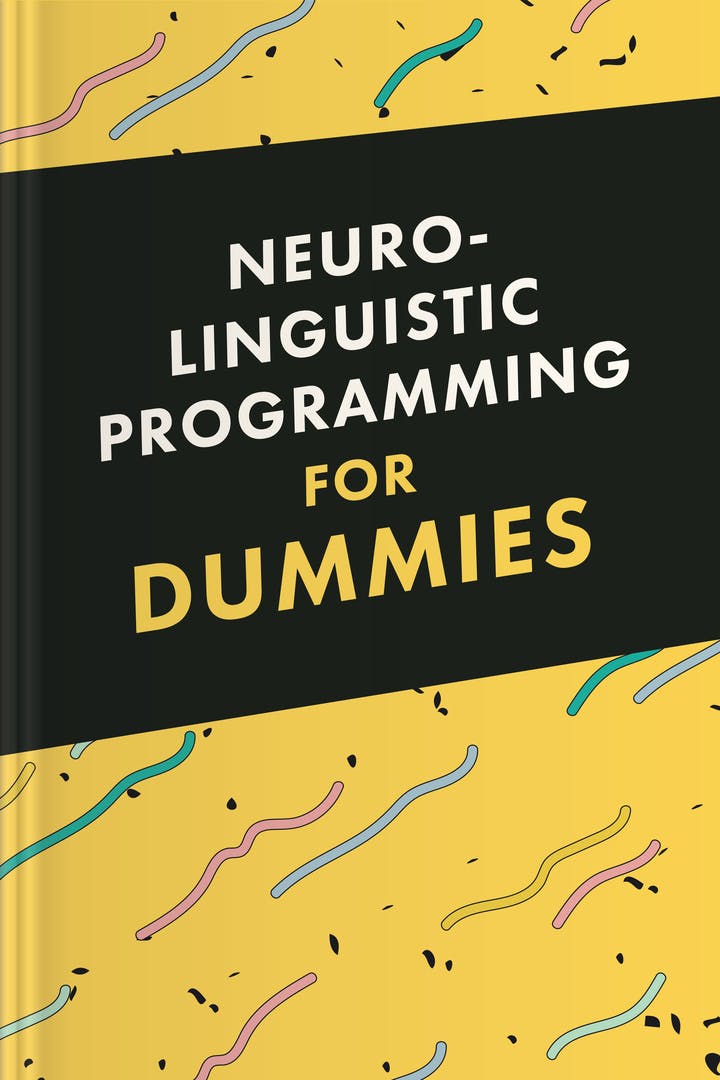 7
7Neuro-Linguistic Programming for Dummies
by Romilla Ready, Kate Burton
What is Neuro-Linguistic Programming for Dummies about?
This book is a comprehensive guide to understanding and applying Neuro-Linguistic Programming (NLP). It offers practical techniques and strategies to improve communication, overcome limitations, and achieve personal and professional success. With clear explanations and step-by-step instructions, the authors provide readers with the tools to reprogram their minds, enhance relationships, and achieve their goals. Whether you're new to NLP or looking to deepen your understanding, this book is a valuable resource for anyone interested in personal development and effective communication.
Who should read Neuro-Linguistic Programming for Dummies
Individuals interested in understanding and applying neuro-linguistic programming techniques.
Beginners seeking a comprehensive guide to neuro-linguistic programming principles.
Anyone looking to improve communication skills and personal development.
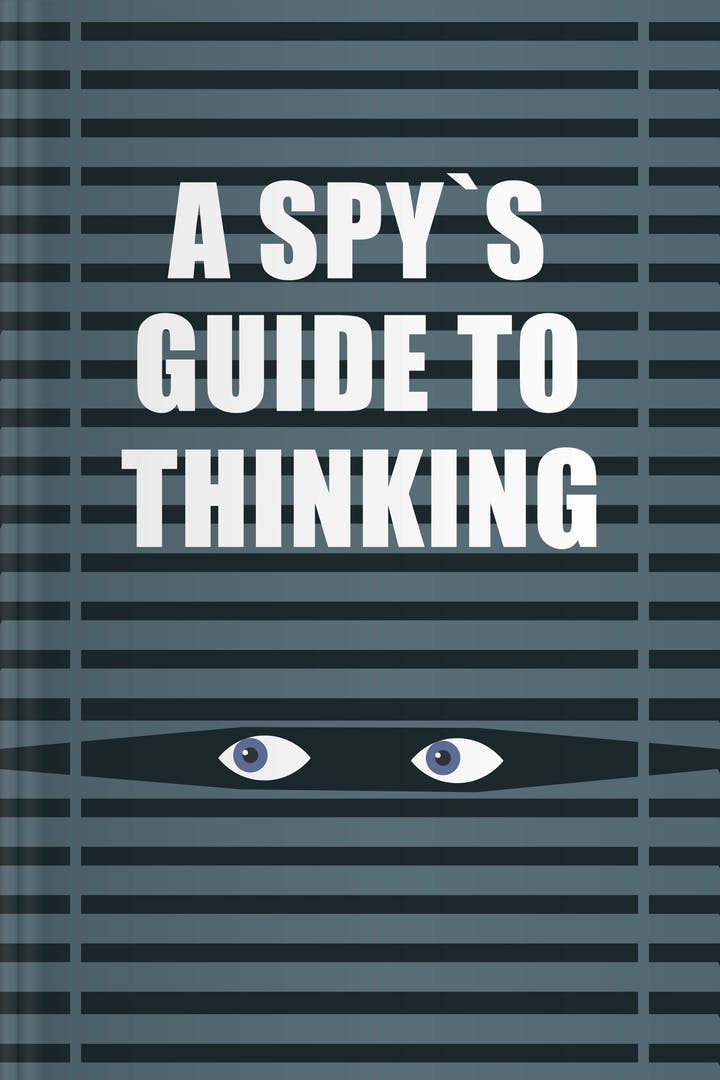 8
8A Spy’s Guide to Thinking
by John Braddock
What is A Spy’s Guide to Thinking about?
In this insightful guide, the author, a former intelligence officer, shares his expertise on critical thinking and decision-making. Drawing from his experiences in the field, he reveals practical strategies and techniques used by spies to analyze information, assess risks, and make sound judgments. With a focus on enhancing mental agility and avoiding cognitive biases, this book equips readers with the tools to navigate complex situations and think like a spy in their everyday lives.
Who should read A Spy’s Guide to Thinking
Aspiring spies seeking to enhance their critical thinking skills.
Professionals in intelligence and espionage looking to sharpen their mental acuity.
Anyone interested in learning strategic thinking from a spy's perspective.
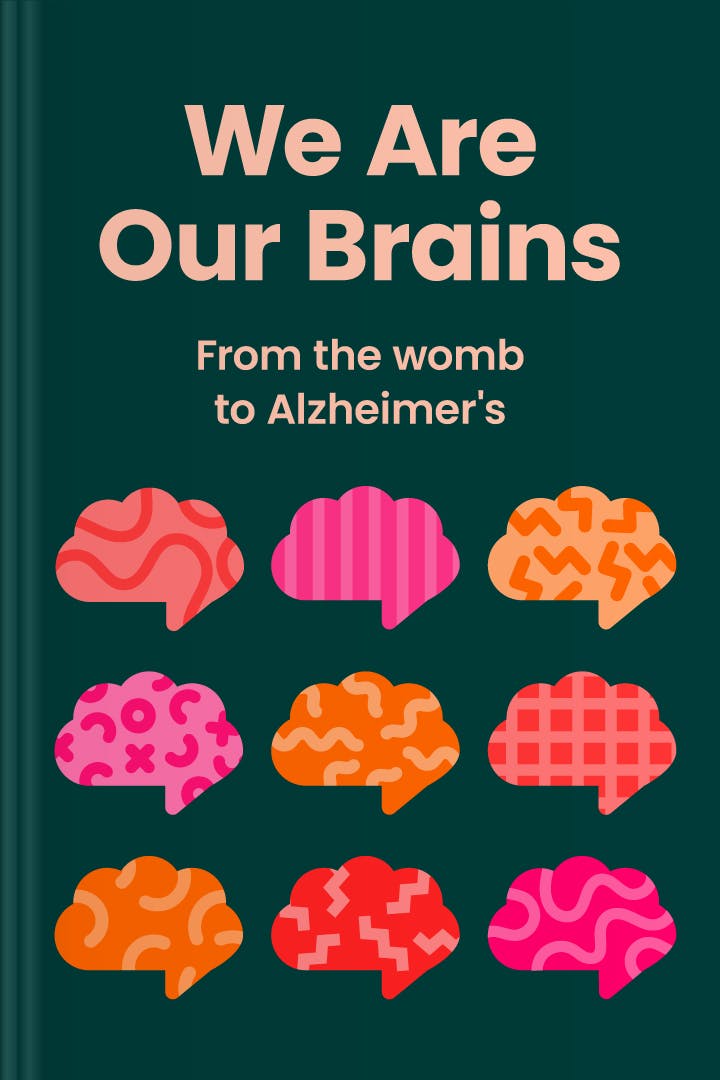 9
9We Are Our Brains
by D. F. Swaab
What is We Are Our Brains about?
In this thought-provoking book, the author delves into the intricate workings of the human brain, exploring its development from the earliest stages of life to the challenges posed by Alzheimer's disease. With a blend of scientific research and personal anecdotes, the book sheds light on the profound impact our brains have on shaping our identities, behaviors, and experiences, ultimately emphasizing the importance of understanding and caring for our most vital organ.
Who should read We Are Our Brains
Individuals interested in understanding the intricate workings of the human brain from birth to old age.
Medical professionals seeking comprehensive insights into the development and degeneration of the brain.
Those affected by or caring for individuals with Alzheimer's disease.
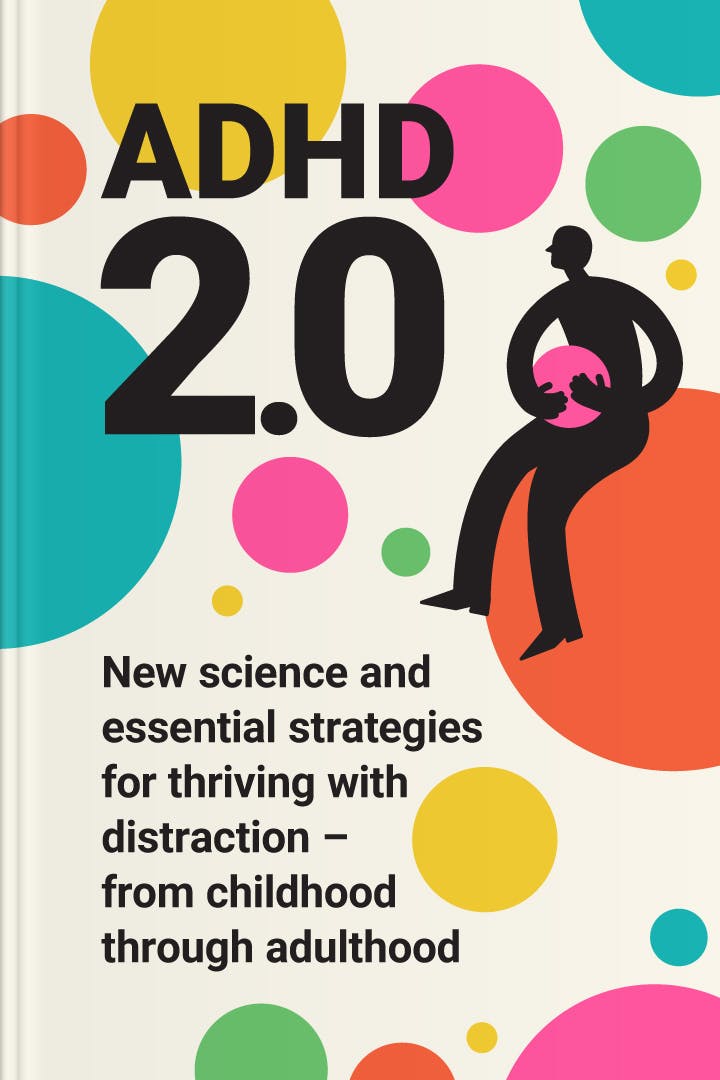 10
10ADHD 2.0
by Edward M. Hallowell, M.D., John J. Ratey, M.D.
What is ADHD 2.0 about?
"ADHD 2.0" is a comprehensive guide that combines the latest scientific research with practical strategies to help individuals of all ages thrive with ADHD. Written by renowned experts in the field, this book offers valuable insights into understanding and managing ADHD, from childhood through adulthood. With a focus on embracing strengths and finding effective coping mechanisms, it provides essential tools for navigating the challenges of living with distraction and unlocking one's full potential.
Who should read ADHD 2.0
Parents seeking guidance on helping their children with ADHD.
Adults with ADHD looking for strategies to thrive in daily life.
Educators and professionals working with individuals with ADHD.
